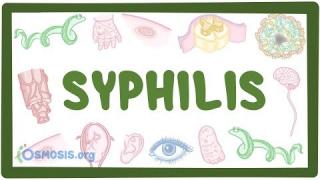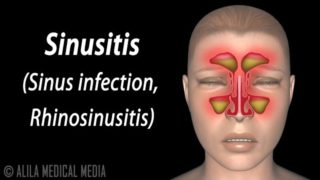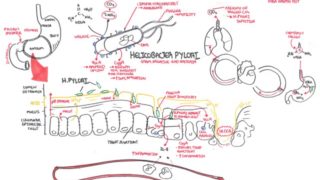Peritonsillar Abscess – causes, signs, symptoms, diagnosis, treatment
VIDEO LECTURE: What is peritonsillar abscess? A peritonsillar abscess is a bacterial infection that usually begins as a complication of untreated strep throat or tonsillitis. It generally involves a pus-filled pocket that forms near one of your tonsils. Peritonsillar abscesses are most common in children, adolescents, and young adults. They often occur at the beginning or end of the winter season, when illnesses like strep throat and tonsillitis are most widespread.
Peritonsillar Abscess – causes, signs, symptoms, diagnosis, treatment
Other Videos You Might Like:
Subscribe
Login
0 Comments
Newest




